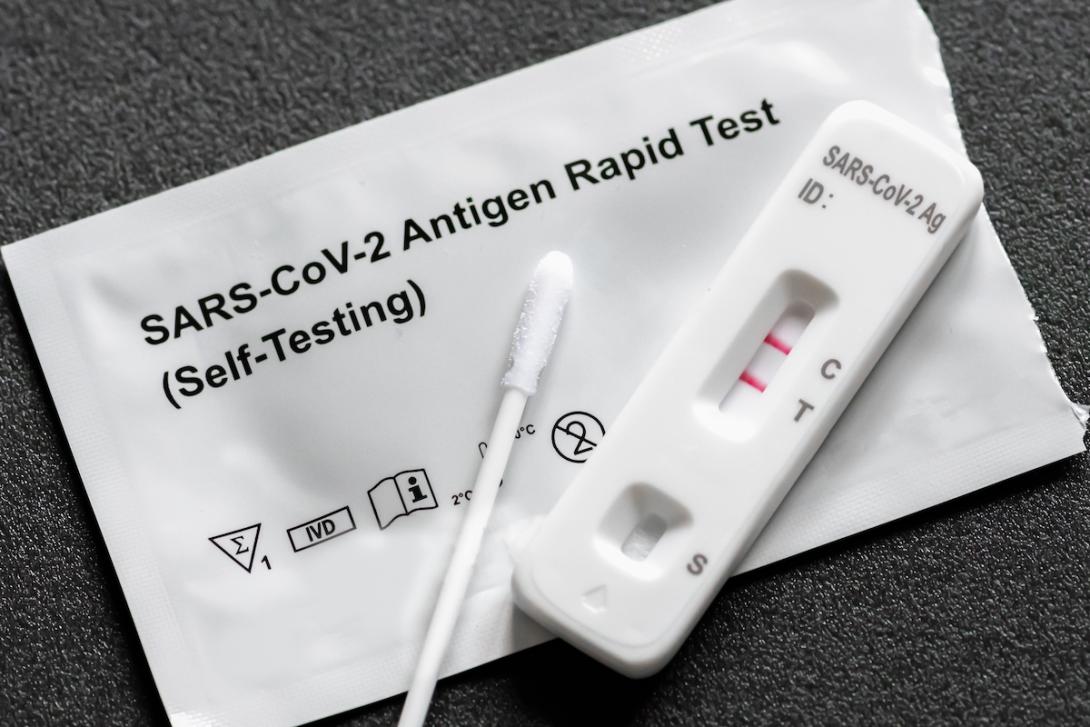
Washingtonians will soon be able to go to public kiosks in a handful of locations around the state to get free COVID-19 and flu tests.
The vending machines will be installed through a partnership between the state’s Department of Health, local public health agencies, and tribes. A Washington Department of Health spokesperson said as of Monday, two of the kiosks were in service – one in the Bethel School District Learning Center in Parkland and another at the United Methodist Church in Spanaway.
More of the kiosks will roll out in the coming weeks. The department said Monday it had 17 orders for them from local public health agencies and tribes. The state Department of Health will cover all costs for providing the COVID-19 and flu tests available in the machines. Food banks, transit stops, schools and libraries are among the places the kiosks could be installed.
Local agencies and tribes can opt to add other health supplies to the kiosks, such as the overdose reversal medication naloxone, pregnancy tests, and tests for sexually transmitted infections. Expenses for any supplies in the machines other than the flu and COVID tests would need to be covered at the local level.
People using the vending machines would not incur any fees, regardless of the supplies they’re getting, according to the Department of Health.
The state will not own the kiosks. They’ll be operated under a lease agreement with a company called LTS, or Longview International Technology Solutions, based in Herndon, Virginia.
The cost to the state Department of Health is estimated at about $41,000 a year per kiosk, which includes lease expenses and tests, department spokesperson John Doyle said in an email. That would be about $697,000 for the 17 kiosks the agency says are already ordered.
Doyle said money for the program would come from remaining federal COVID-19 testing funding, but declined to provide details about how much of that money was remaining, or the amount that would be devoted to the kiosk initiative.
Each machine can hold about 700 tests, according to the health department. The agency says the kiosks “make it possible to access health care tests and supplies at the push of a button in accessible locations 24/7,” but was unable to immediately explain how the vending machines prevent one person from taking an excessive number of tests or other supplies.